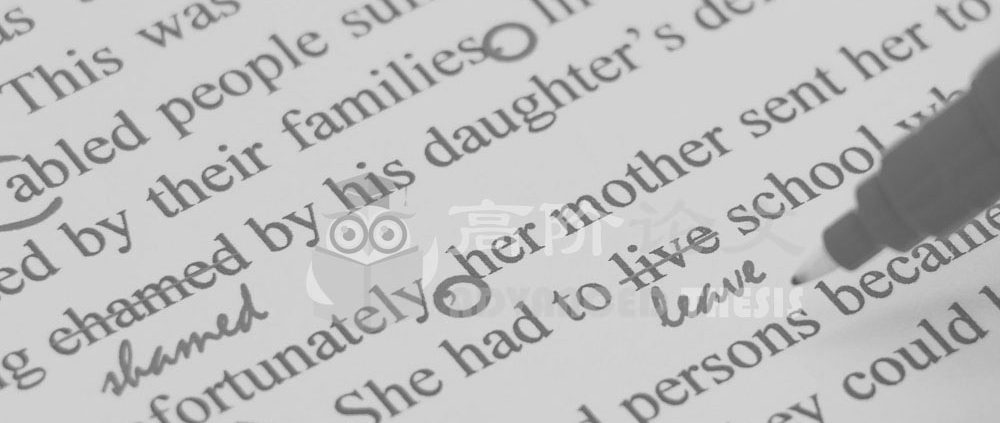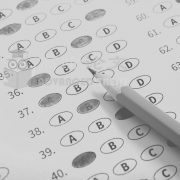代写dissertation:法律
合理使用的一个实例时,允许将库,允许谷歌扫描书籍也使用这些数字扫描残疾读者阅读。加拿大“公平交易”的法律比美国同行更严格的“合理使用”。CCH加拿大有限公司诉上加拿大法律协会[2004]是在设定的先例就必须遵循公平交易异常。这些的目的是基于有副本,品质,数量,解决自然和可用的方案。虽然教育机构特别规定在-30年29.4节和部分30.2 – -20.4限制他们仍然比美国合理使用的规定时,使得分布在学校的房间或副本描绘视频教育目的(加拿大大学和学院协会)。而不是视频,老师在学校的房间可以让一份工作或活动挂图上和项目工作。图书馆和博物馆更多的法律允许的例外,因为它们可以使教员的副本并将其保存。然而这些副本只能在纸质和电子形式将需要特殊的权限。有认知障碍的人也有特殊的例外。
An instance of fair use that is allowed would be when libraries that allowed Google to scan books also used these digital scans for disabled patrons to read. Canadian ‘fair dealing’ laws on the whole are stricter than their American counterparts of ‘fair use’. The CCH Canadian Ltd. v. Law Society of Upper Canada [2004] was a pioneer in setting the precedent that was to be followed with respect to the fair dealing exceptions. These are based on the purpose of which there has been made a copy, the character, amount, nature and alternatives available for dealing. While educational institutions have special provisions under section 29.4 -30 and sections 30.2-20.4 they are still more constrained than the fair use provisions of the United States when it comes to making copies for distribution in a school room or when portraying videos for educational purposes (Association of Universities and Colleges of Canada). Instead of videos, the instructor in the school room can make a copy of work on board or a flip chart and can project the work. Libraries and museums are allowed more legal exceptions in that they can make copies and save it for a faculty member. However these copies can only be in paper form and electronic form will need special permissions. People with perceptual disabilities also have special exceptions.








